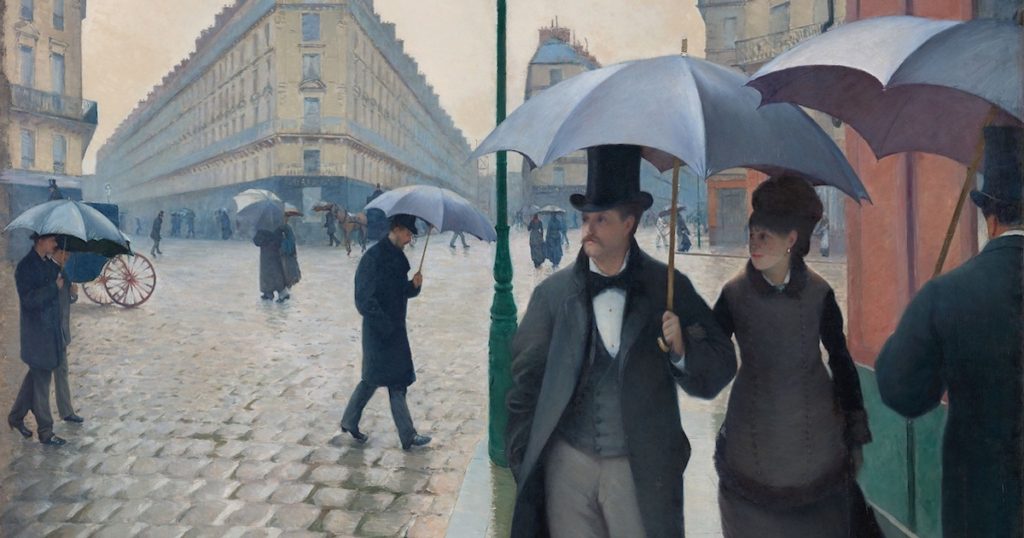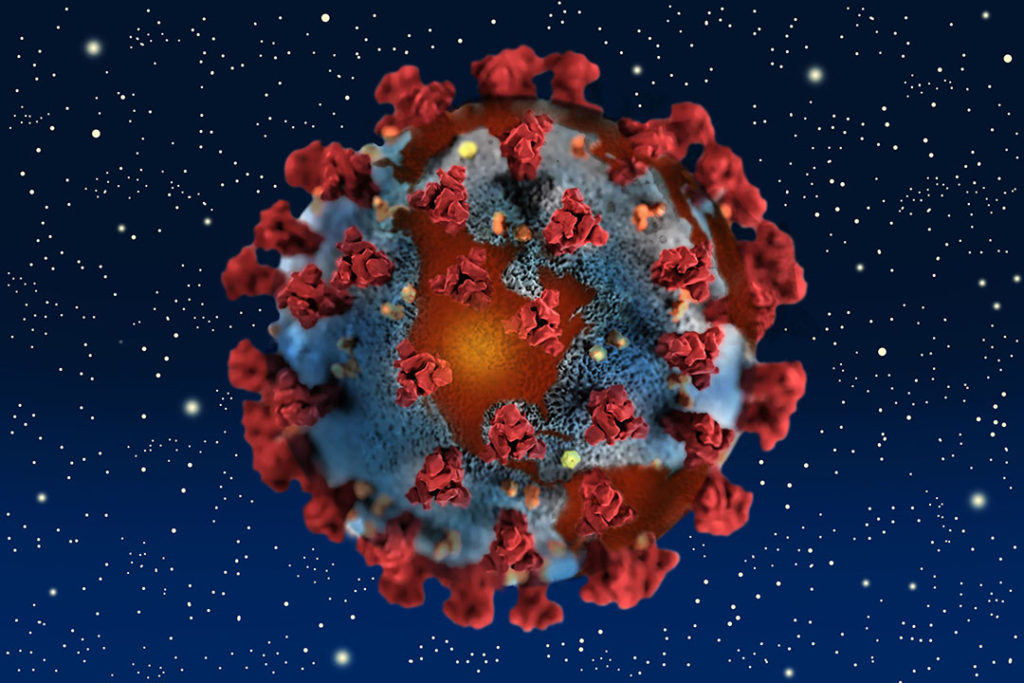
*If life seems jolly rotten
*Sung by a chorus of crucifixion victims, along with songwriter Eric Idle:
There’s something you’ve forgotten
And that’s to laugh and smile and dance and sing
When you’re feeling in the dumps
Don’t be silly chumps
Just purse your lips and whistle, that’s the thing
And….Always look on the bright side of life….
“Always Look on the Bright Side of Life,” from Monty Python’s Life of Brian (1979)

I get it: people need a way to take their minds off the current gloom. Certainly many of my friends and family don’t want to read the news these days, and many are leaving social media. Some won’t even discuss politics, whether because things are so dire or because they don’t want to get into arguments with those on the other side. There is general anxiety, along with some wobbling relationships and dark nights of the soul.
The Ubiquity of Happy News
Happy News occupies the opposite extreme from the daily reports of Covid-19 deaths, political insanity, and natural disasters. You’ll find feel-good stories in the final minutes of network new broadcasts or anywhere on digital or non-digital media. Here we can witness heartwarming episodes of people caring for their neighbors, young children selling lemonade to raise money for those in need, donations of food and clothing, and even a few organs or puppies airlifted to strangers.
Perhaps this ubiquity is because the masters of media believe that these stories are not political and that a wide range of viewers may enjoy seeing them. Whatever someone’s political persuasion, most (but certainly not all) folks will feel their hearts surge when they see someone rescue a baby (or puppy) from an overheated car.
Just yesterday I just saw a story online about an older Peruvian couple who had no way to return to their homeland because of lack of funds and Covid-19. The good-hearted people in a small Washington community helped them, fed them, and paid their living expenses until online funds were raised.
Yes, I shed a tear, but then I am a sucker for touching stories of people helping others. It almost feels as if my reactions to stories like this one are chemically induced. I could practically feel the dopamine, serotonin, oxycontin, and endorphins kick in while I watched.
Is Happy News Depressing?
I sometimes wonder if some people find Happy News stories as depressing as the real news because they seem to be so planned and contrived, even if they are true. And perhaps I feel so rebellious because I am such an easy mark for stories like these.
In addition to segments of Good News that follow reports of murders and political mayhem, there are some sites that offer only happy stories: the Good News Network touched all bases with a recent story entitled “A Fisherman Has a Decade-Long Friendship with a Blind Seal Who Follows Him Each Day.” Sites like Positive News and The Optimist Daily, and Good Good Good offer similar heart-warming stories. Many newspapers—even the New York Times, National Geographic, and the Washington Post—feature uplifting news sections. But who am I to judge when stories like these actually contribute to better health?
The Ubiquity of Cute Animals

A 2020 study done by the University of Leeds has found that watching videos of cute animals can reduce feelings of stress and anxiety. In the study, heart rates dropped by an average of 6.5% in just 30 minutes, and blood pressure fell from a pre-high state of hypertension to normal levels. Some individuals in the study experienced a fall of almost 50% in anxiety. By the way, the animals in the study included ducks, kittens, cats, puppies, alpacas, baby gorillas and monkeys, and quokkas (our small marsupial friends from Western Australia). I harked back to last week, when I posted on Facebook (and felt the subsequent decrease in my heart rate) a video of a small pig in a hat balancing itself on a ball as it moved down a street.
I certainly laugh at myself when a quokka sighting chokes me up. But if I don’t change the channel I realize that first my eyes fill with tears and then my mouth with bile. However, feel-good stories have probably been passed around the fire since the first time a Neanderthal gave a hunk of dinosaur meat to a motherless baby. And probably a nearby quokka was moved and repulsed.
Rod Steiger vs. Doris Day: Who is More Real?

More recently—about 55 years ago—I clearly remember accusing my mother of hiding from reality when she didn’t want to see the film The Pawnbroker with me. I was a teenager and therefore disgusted that she didn’t find enjoyment in the idea of Rod Steiger, who plays a Holocaust survivor, screaming in pain after he impales his hand on a paper spindle in order to feel something. I accused her of only liking Doris Day movies, and at the time those made my innards curdle.
But I have ended up being a person who cannot get through Paul McCartney’s “Carpool Karaoke” without sobbing. These days my own escapes include Seinfeld, Schitt’s Creek, and House Hunters International, among others. Granted, some of these series may not be heartwarming per se. However, my brain and heart are lulled by memories from the past and by the lack of real life news—or even facsimiles of real people—in these shows.

I have also been watching The Office, which is heartwarming with a soupçon of snark. I saw that John Krasinski, who starred in this series, hosted an Internet show called Some Good News, which garnered some 1.5 million subscribers and 25 million views within a week of being posted. For better or worse, Krasinski said that he had only intended to do eight episodes during quarantine, so we’ll never know if audiences would have stayed with Good News or snuck back to Bad.
Even Feel–Good Travel is a Thing
Feel-good news, feel-good television, and feel-good Internet stories abound. As a travel writer, I even see feel-good stories about past and future trips.
Recently I posed a question on my Facebook Over 60 Women’s Travel group about being surprised by kindness while traveling, and it seems to have been one of the most popular questions I’ve asked. I wrote:
“Does anyone have a good story about being helped out by a kind soul when traveling abroad?”

Answers piled in:
“When I suffered from severe food poisoning my last day in Paris, the apartment owner’s cleaning woman helped me….”
“I fell while crossing the street in Stockholm and fractured my knee. A lovely woman stayed with us, called for an ambulance, and waited until I was taken away….”
“It was 1998 and I was in Paris with my friend Julie…When I went to pay for lunch I realized I had no money and they did not accept credit cards. The restaurant suggested I go to the nearby bank to obtain cash for the lunch check. The trust that I would return is something I will always remember….”
I myself have felt the warmth of the memories of strangers helping me during a life of travel (from families adopting me on a night train in India to a woman finding a place for me to stay in Queenstown, New Zealand, after a harrowing plane ride over the mountains). However, I try to remind myself that memories like these need balance.
The Bad News About Good News

So I set out to remember some of many truly crappy times on my travels, including a trip to Asia years ago in which I made the mistake of having three Singapore slings (I rarely drink) the night before flying back to the U.S. Up all night and miserably ill, I struggled to travel to the airport from my hotel. I finally approached a group of missionaries and asked for help. They refused, and then I became agnostic.
The trouble with remembering only the good because it lifts the spirits is that it may lessen your guard. One must be prepared to handle times of unkindness or even danger that can hit at home or abroad.
Other Dangers of Feel-Good News

Matthew Ingraham in the Columbia Journalism Review (April 21, 2020) also cites another danger of too much feel-good news:
“A focus on only good news could easily turn into escapism, if it involves deliberately avoiding the truth in favor of something that feels better, because it implies that the world is just fine the way it is, and therefore nothing needs to change. That’s a little too close to the ‘bread and circuses’ the ancient Romans provided as a way to keep the populace in line.”
Also, when illness is played down, when hunger and suffering is glossed over, when crises are ignored in favor of feeling good, people will simply stop believing the Good News.
When Good News Becomes Meh News
Life is very difficult for many right now. Sometimes people feel bad for a good reason. Evading or avoiding what is going on in the world is certainly turning a blind eye to the truth.
But that doesn’t mean that a quokka making friends with your puppy can’t turn the spigots on. Maybe you can balance watching the quokka on your iPhone with watching the presidential debates on TV. Or wait until the elections and Covid-19 are both distant memories. I’m sure that everything will be fine then.

